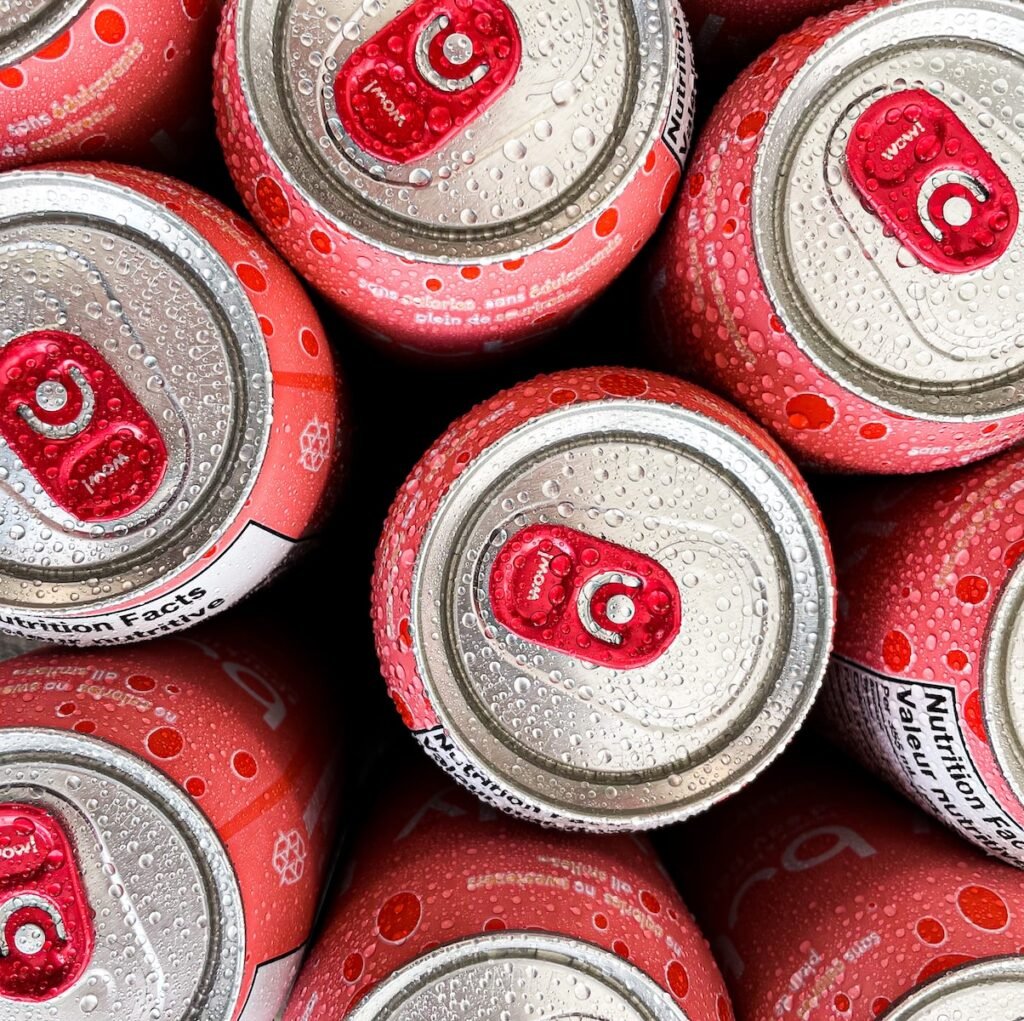Exploring the World of Metal Detecting Cans: A Comprehensive Guide
Metal detecting cans is an intriguing and rewarding hobby that allows enthusiasts to uncover hidden treasures from the past. Whether you are an experienced detectorist or a beginner looking to embark on this exciting journey, this comprehensive guide will provide you with the knowledge and insights needed to explore the world of metal detecting cans.
HISTORY: The History of Metal Detecting Cans
Metal detecting cans can be traced back to the late 19th century when the first portable metal detectors were invented. Initially used for mining and military purposes, metal detectors quickly gained popularity among treasure hunters and relic enthusiasts. The hobby grew in the mid-20th century, with people searching for coins, jewelry, and artifacts buried in the ground. Today, metal detecting cans have become a niche within the hobby, attracting a dedicated community of collectors and history buffs.
EQUIPMENT: Essential Equipment for Metal Detecting Cans
To embark on your metal detecting cans journey, you will need essential equipment. The most crucial tool is a metal detector capable of detecting small metal objects like cans. Look for detectors with adjustable sensitivity and discrimination settings, as these will help you identify cans amidst other types of metal. Additionally, a good quality digging tool, headphones, a pinpointer, and a pouch or bag to store your finds are essential for a successful metal detecting cans experience.
TIPS: Tips for Finding and Identifying Cans
Finding and identifying cans can be a thrilling experience. Start by researching areas with a rich history, such as old parks, abandoned homes, and historical sites. Pay attention to signals indicating the presence of cans, which are often found in clusters. Once you locate a potential target, use a pinpointer to narrow down the search area. When identifying cans, observe their shape, size, and any visible markings or labels. Consult online resources, reference books, or even seek help from local historical societies to learn more about the cans you discover.
TECHNIQUES: Techniques for Digging and Retrieving Cans
When it comes to digging and retrieving cans, it is essential to practice proper techniques to minimize damage to the cans and the surrounding area. Begin by using your digging tool to create a small plug in the ground, ensuring you cut around the target area. Gently lift the plug and use your pinpointer to locate the can within the soil. Carefully extract the can, avoiding any unnecessary force, and fill the hole back in, ensuring it is left undisturbed.
SIGNALS: Understanding Metal Detecting Can Signals
Understanding metal detecting can signals is crucial to distinguishing cans from other metal objects. Cans typically produce a consistent and distinctive signal due to their unique composition. However, it is essential to adjust the discrimination settings on your metal detector to optimize its ability to detect cans. Experiment with different sensitivity levels and discrimination patterns to refine your ability to identify cans accurately.
CLEANING: Cleaning and Preserving Metal Detecting Cans
Once you have uncovered a can, cleaning and preserving it properly will help maintain its historical value. Start by removing excess dirt gently using a soft brush or toothbrush. Avoid using harsh chemicals or abrasive materials that may damage the can’s surface. If necessary, soak the can in clean water to loosen stubborn dirt. Once clean, pat the can dry and store it in a dry environment to prevent corrosion.
SAFETY: Safety Precautions for Metal Detecting Cans
Ensuring your safety while metal detecting cans is of utmost importance. Before engaging in this hobby, always research and adhere to local laws and regulations regarding metal detecting. Wear appropriate protective gear, such as gloves, sturdy footwear, and sun protection. Be aware of potential hazards, such as sharp objects or hazardous materials, and exercise caution when digging. Additionally, be respectful of private property and obtain permission before metal detecting on someone else’s land.
COMMUNITY: Joining Metal Detecting Communities and Clubs
Joining metal detecting communities and clubs is an excellent way to connect with fellow enthusiasts, learn from experienced detectorists, and access valuable resources. These communities often organize group hunts, competitions, and workshops, providing opportunities to enhance your skills and knowledge. Online forums and social media groups dedicated to metal detecting cans can also be valuable platforms for sharing finds, seeking advice, and engaging in discussions with like-minded individuals.
FAQs: Common FAQs about Metal Detecting Cans
- Can I legally metal detect cans on public land?
Yes, in most cases, metal detecting on public land is allowed, but it is essential to research and comply with local laws and regulations. - What should I do if I discover a valuable can?
If you discover a valuable can, it is recommended to consult with experts or reputable dealers who specialize in collecting and appraising such items. - How deep can cans be buried?
Cans can be found at various depths depending on factors such as soil composition, erosion, and historical context. They can range from just a few inches to several feet underground. - Can I sell the cans I find while metal detecting?
Selling cans you find while metal detecting is generally permitted, but it is crucial to follow local laws and regulations regarding the sale of historical items. - What should I do if I find a can that may be hazardous?
If you come across a can that appears to contain hazardous materials, such as chemicals or sharp objects, it is best to avoid disturbing it and report it to the appropriate authorities.
Exploring the world of metal detecting cans opens a window into the past, allowing us to uncover forgotten stories and objects of historical significance. By following this comprehensive guide, you will be equipped with the knowledge and skills needed to embark on a rewarding and responsible metal detecting cans journey. Remember to always respect the environment, adhere to local regulations, and preserve the history you discover for future generations to appreciate. Happy hunting!===

